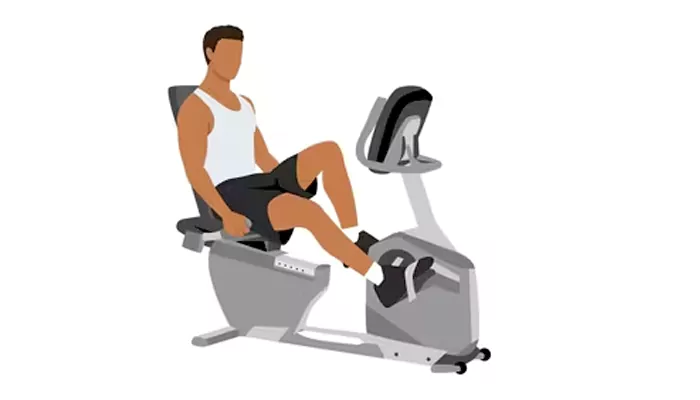From sleep to stretching techniques: Recovery strategies for athletes
- Shriparna
- 1 year ago
- 3 minutes read

Discover essential recovery strategies for athletes to enhance performance.
For athletes, recovery is just as crucial as training. While intense workouts and practice sessions build strength, endurance, and skill, it is during recovery that the body repairs and strengthens itself. Without proper recovery, athletes are at risk of overtraining, injury, and burnout. Incorporating effective recovery strategies into an athletic routine can enhance performance, reduce the risk of injury, and ensure long-term success. Let us explore the key recovery strategies, from optimising sleep to incorporating effective stretching techniques.
Muscle repair and growth
This process is particularly important after intense physical activity, as it helps rebuild muscle fibres that have been broken down during exercise. Without adequate sleep, muscle recovery is impaired, leading to prolonged soreness and increased risk of injury.
Cognitive function and reaction time
Sleep also plays a vital role in cognitive function, including reaction time, decision-making, and focus. All of which are critical for athletic performance. Lack of sleep can lead to slower reaction times, poor decision-making, and decreased focus, all of which can negatively impact an athlete's performance.
Optimising sleep for recovery
To maximise the benefits of sleep, athletes should aim for 7-9 hours of quality sleep per night. Creating a consistent sleep schedule, maintaining a cool and dark sleeping environment, and avoiding screens before bedtime can help improve sleep quality. Additionally, incorporating relaxation techniques, such as deep breathing or meditation, before bed can promote better sleep.
Nutrition
Proper nutrition is essential for recovery, as it provides the body with the necessary nutrients to repair and rebuild muscles, replenish energy stores, and reduce inflammation. Athletes must pay close attention to their diet, especially in the hours following intense exercise.
Post-workout nutrition
Consuming a balanced meal or snack that includes protein and carbohydrates within 30-60 minutes after exercise is crucial for recovery. Protein provides the amino acids needed for muscle repair, while carbohydrates replenish glycogen stores that are depleted during exercise. A protein smoothie with fruits, yoghurt, and a handful of nuts can be an excellent post-workout option.
Stretching techniques
Stretching is a vital recovery strategy that can help improve flexibility, reduce muscle stiffness, and decrease the risk of injury. Incorporating stretching into both pre- and post-exercise routines can enhance overall athletic performance.
Dynamic stretching
This type of stretching is best performed before exercise, as it helps increase fluid flow to the muscles, warms up the body, and prepares the muscles for physical activity.
Active recovery
Active recovery involves engaging in low-intensity exercise on rest days or after intense training sessions. This type of recovery helps reduce muscle stiffness, and promote relaxation without placing additional stress on the body.
Activities for active recovery
Examples of active recovery activities include walking, swimming, cycling, or yoga. These activities help maintain movement and flexibility while allowing the body to recover from more strenuous exercise. Active recovery can also help alleviate delayed onset muscle soreness (DOMS) by promoting circulation and reducing inflammation.
Recovery is an integral part of an athlete's training regimen and should not be overlooked. By prioritising sleep, proper nutrition, stretching, and active recovery, athletes can enhance their performance, reduce the risk of injury, and ensure long-term success. Remember, recovery is not a sign of weakness but a crucial step toward achieving athletic goals and maintaining overall health.












